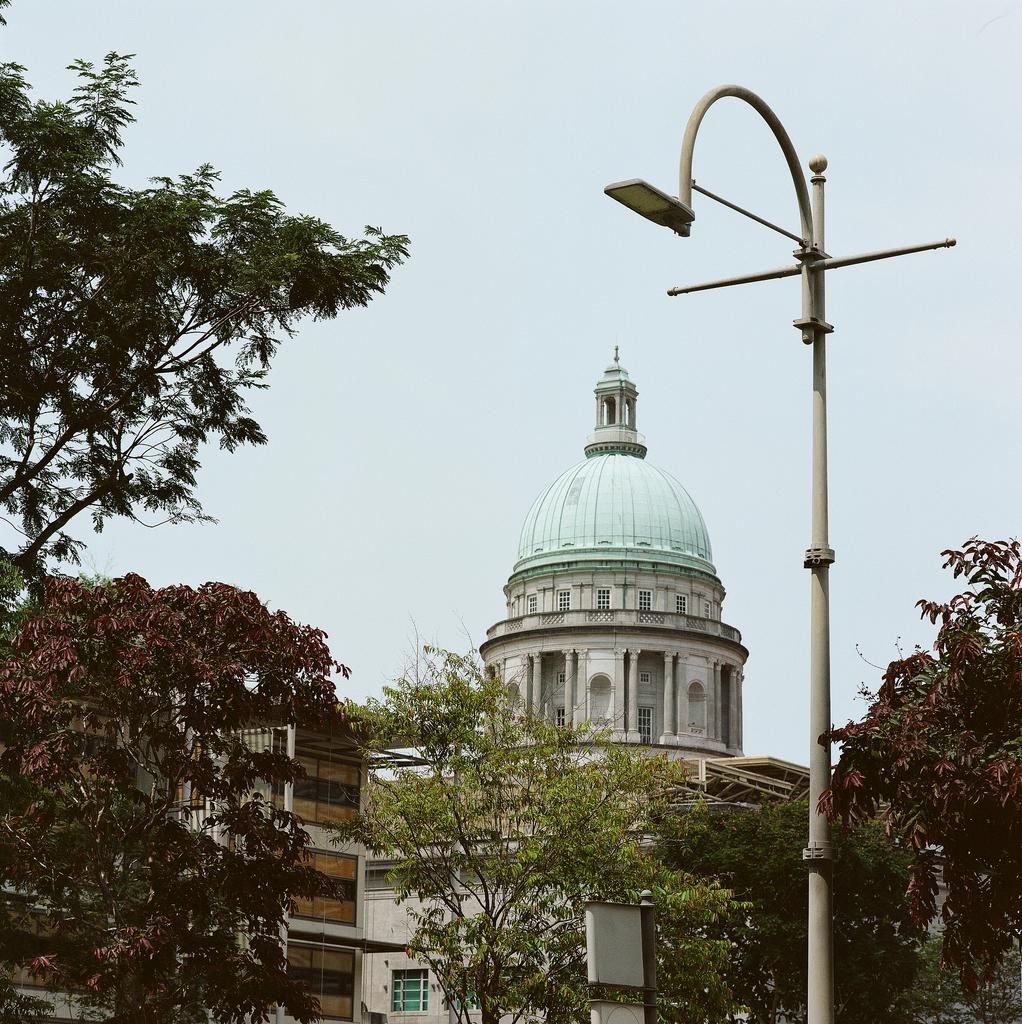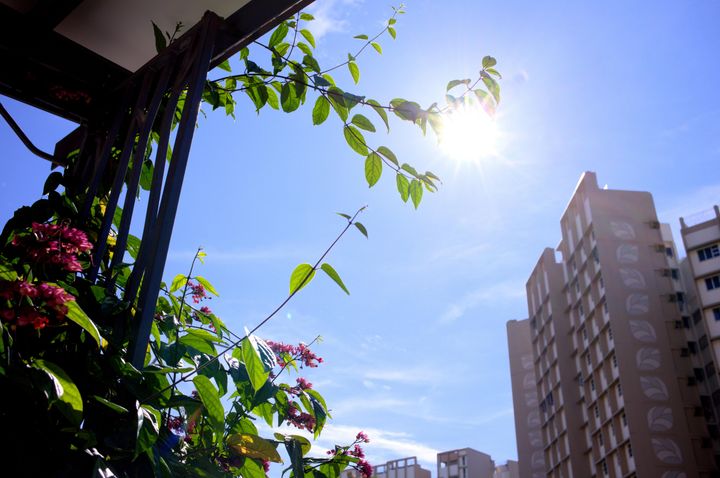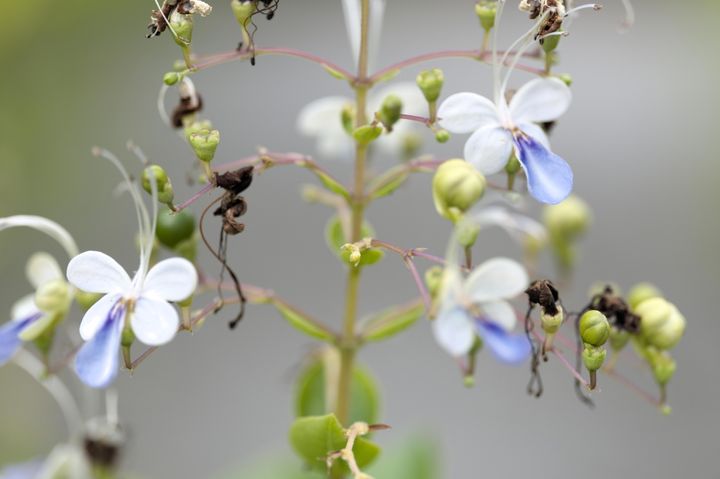QT 17/11/2025 Mon. Jonah 4 “Reciprocal Justice — The Fairness of God” “互惠的公义——神的公平”

QT 17/11/2025 Mon. Jonah 4 “Reciprocal Justice — The Fairness of God”
READ http://www.esv.org/jonah4
Jonah 4 points to our tendency toward self-centred bitterness over small things, while neglecting the greater matters of mercy and justice that matter to God.
📖 Scripture: “And the Lord said, ‘Do you do well to be angry?’” — Jonah 4:4 (ESV)
Reflection
Jonah 4 is one of the most surprising endings in Scripture. The story that began with a rebellious prophet ends with an angry one. God has just shown mercy to Nineveh — a violent, pagan city — and Jonah can’t stand it.
“But it displeased Jonah exceedingly, and he was angry.” (Jonah 4:1)
Jonah wanted justice for them and mercy for himself. He was grateful when God rescued him from the fish, but furious when that same mercy was extended to others.
In His wisdom, God exposes Jonah’s heart through a simple object lesson: a plant. God causes a plant to grow over Jonah to shade him from the sun — and then allows a worm to destroy it. Jonah mourns the loss of the plant bitterly, saying, “It is better for me to die than to live.” (v. 8)
Then God speaks with piercing clarity:
“You pity the plant, for which you did not labor, nor did you make it grow… And should not I pity Nineveh, that great city, in which there are more than 120,000 persons…?” (Jonah 4:10–11)
In that moment, God reveals the imbalance of Jonah’s heart — and often ours. Jonah is heartbroken over a plant that brought him comfort but indifferent to a city full of souls. He cared deeply about his comfort, but little about God’s compassion.
Theme: Reciprocal Justice — God Is Fair
We often measure fairness by how life treats us, but God measures fairness by how we treat others in light of His mercy. Jonah forgot that the same grace that saved him from drowning also saved Nineveh from destruction.
God’s justice is always reciprocal — what we demand from others, He reminds us to apply to ourselves. If we crave mercy, we must extend mercy. If we desire fairness, we must rejoice when God is fair — even when His fairness blesses someone we think doesn’t deserve it.
Jonah’s bitterness over something small (a plant) blinded him to something far greater (a city’s salvation). And we can do the same — caring more about lost comfort, wounded pride, or unmet expectations than about God’s heart for the lost.
Takeaway Truths
(1) God’s fairness flows from His mercy. He is not partial; the same grace that rescues us is available to everyone who repents.
(2) Bitterness distorts our sense of justice. When we focus on our comfort rather than God’s compassion, we lose perspective.
(3) God’s heart is bigger than ours — and we are called to share it. True fairness rejoices when God saves, even those we struggle to forgive.
Personal Application
(a) Where has bitterness or self-focus clouded your view of God’s justice? Are there “Ninevehs” — people, groups, or situations — where you secretly hope for judgment more than mercy?
(b) Ask the Holy Spirit to soften your heart and align it with God’s:
“Lord, forgive me when I care more about my comfort than Your compassion. Teach me to see others as You see them — not through the lens of my hurt, but through the lens of Your mercy. Help me celebrate Your justice, knowing it’s always fair, always good, and always rooted in love. In Jesus’ name. Amen.”
Closing Thought
God’s question to Jonah still echoes today: “Do you do well to be angry?”
It’s an invitation to let go of small, self-centered grievances and join the God who delights in showing mercy.
Because God’s justice is not cold fairness — it’s holy mercy.
QT 17/11/2025 星期一. 约拿书 4 “互惠的公义——神的公平”
阅读 http://m.bbintl.org/bible/ncv/jon/4/
约拿书4章揭示了我们常因琐事陷入自我中心的苦毒,却忽视了神所看重的怜悯与公义这些更重要之事。
📖 经文:耶和华回答说:“你这样发怒对不对呢?”——约拿书4:4
默想
约拿书4章堪称圣经中最出人意料的结局。这个以叛逆先知开篇的故事,最终却以愤怒的先知收场。当上帝向尼尼微——这座充满暴力的异教之城——施展怜悯时,约拿却无法忍受。
“约拿对这事非常不高兴,并且发起怒来”(约拿书4:1)。
约拿要求他人承受公义,自己却享受怜悯。当神从鱼腹中拯救他时,他满心感恩;但当同样的怜悯施予他人时,他却怒火中烧。
神以智慧借着简单物象——一棵植物——揭露约拿的心思。上帝使一棵植物长在约拿上方,为他遮挡烈日——随后却任凭虫子将其毁灭。约拿为植物的消逝痛哭哀号,说:“我死了比活着还好。”(第8节)
此时上帝以刺耳的清晰发声:
" 耶和华说:“这棵蓖麻,不是你栽种的,也不是你使它长大的,一夜长成,一夜死去,你尚且爱惜它,11 何况这尼尼微大城,其中不晓得分辨左右手的有十二万多人,并且有许多牲畜,我怎能不爱惜呢?”(约拿书4:10-11)
那一刻,上帝揭示了约拿内心失衡的真相——这往往也是我们内心的写照。约拿为一株带给他慰藉的植物伤心欲绝,却对满城生灵漠不关心。他深切在意自己的舒适,却对上帝的怜悯漠然置之。
主题:互惠的公义——上帝是公平的
我们常以生活待己的方式衡量公平,但上帝衡量公平的标准,是我们在祂怜悯之光中待人的方式。约拿忘记了,那救他脱离溺毙的恩典,同样也拯救了尼尼微免遭毁灭。
神的公义永远是双向的——祂提醒我们:向他人索求的,也当施予自身。渴求怜悯者,必须施予怜悯;渴求公平者,当神彰显公平时就当欢喜——即便祂的公平临到我们认为不配之人。
约拿因微小之事(一棵菜)的苦毒,使他看不见更宏大的事(整座城市的救赎)。我们也可能如此——更在意失去的舒适、受损的尊严或落空的期待,而非上帝对失丧者的心意。
核心真理
(1) 上帝的公平源于祂的怜悯。祂不偏待人;拯救我们的恩典同样赐予所有悔改之人。
(2) 苦毒扭曲我们的正义感。当我们执着于自身安逸而非神的怜悯时,便丧失了正确视角。
(3) 神的心胸远比我们宽广——我们蒙召去分享这份胸怀。真正的公义当在神施行拯救时欢欣,即便对象是我们难以宽恕之人。
个人应用
(a) 苦毒或自我中心何时蒙蔽了你对神公义的认知?是否存在某些“尼尼微”——无论是个人、群体或处境——让你暗自期盼审判胜过怜悯?
(b) 求圣灵软化你的心,使它与神的心意对齐:
“主啊,当我更在意自己的舒适而非祢的怜悯时,求祢赦免我。教导我以祢的眼光看人——不透过受伤的滤镜,而是透过祢慈爱的视角。帮助我欢庆祢的公义,因它永远公平、永远良善、永远植根于爱。奉耶稣的名求。阿们。”
终思
神对约拿的质问至今回响:“你这样发怒合宜吗?”
这是邀请我们放下狭隘的自我怨怼,投身于乐于施恩的神怀抱。
因神的公义并非冰冷的公平——而是圣洁的怜悯。


